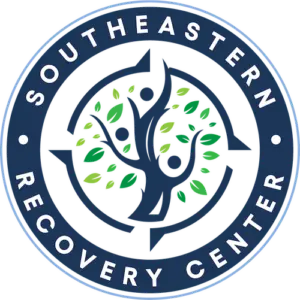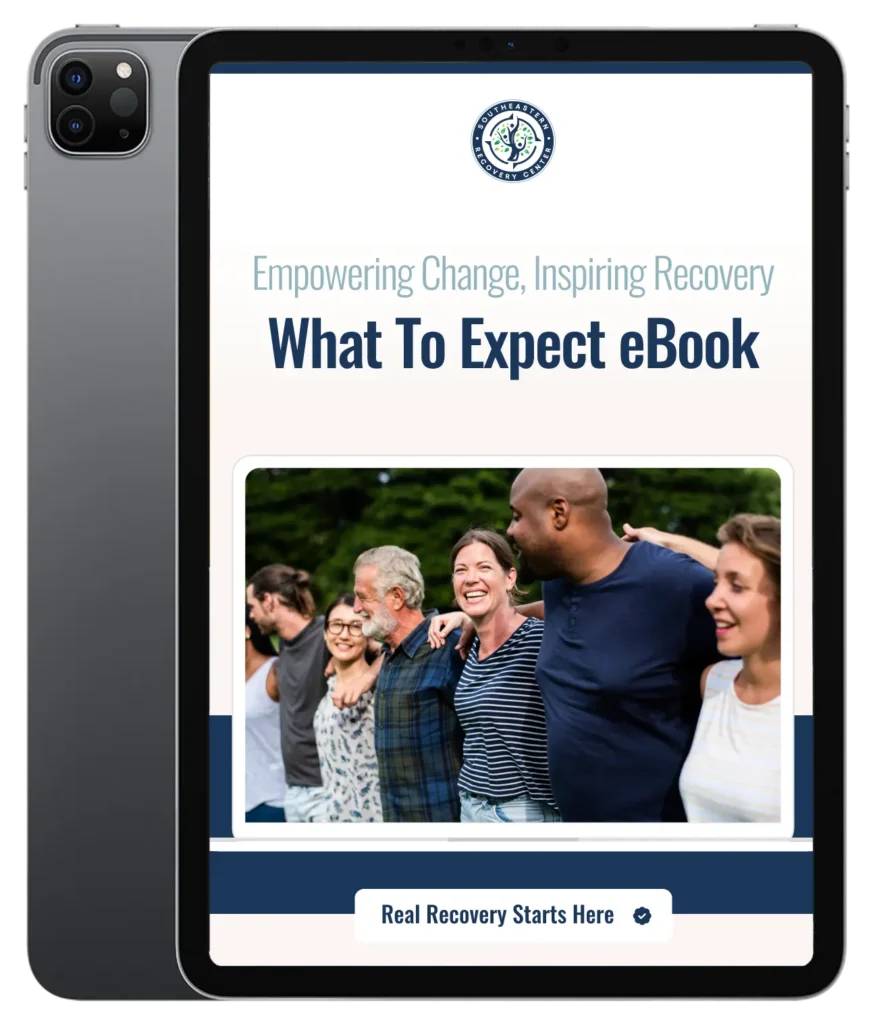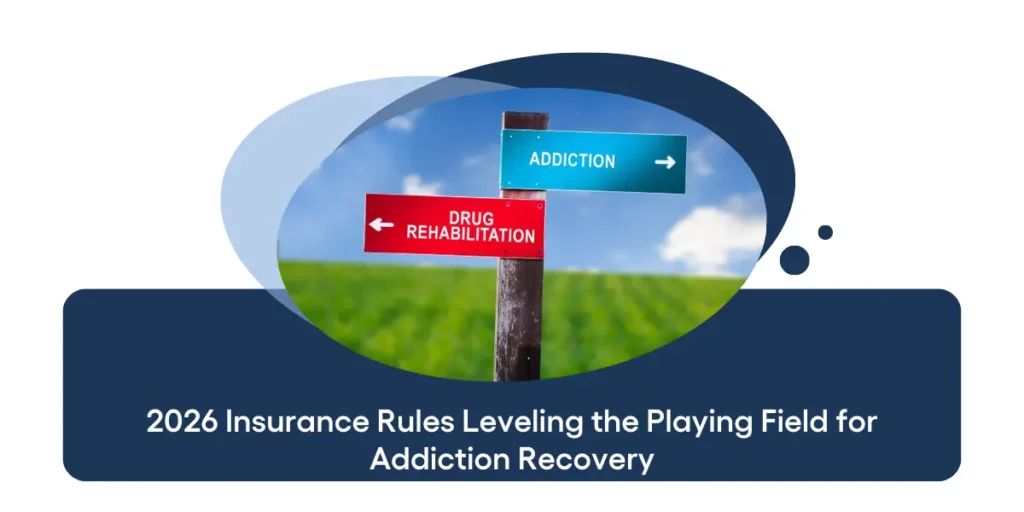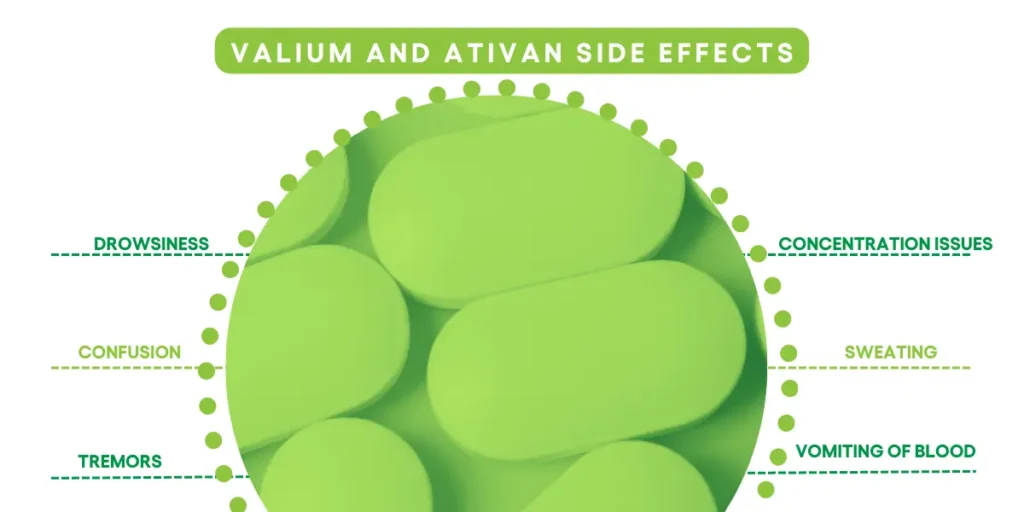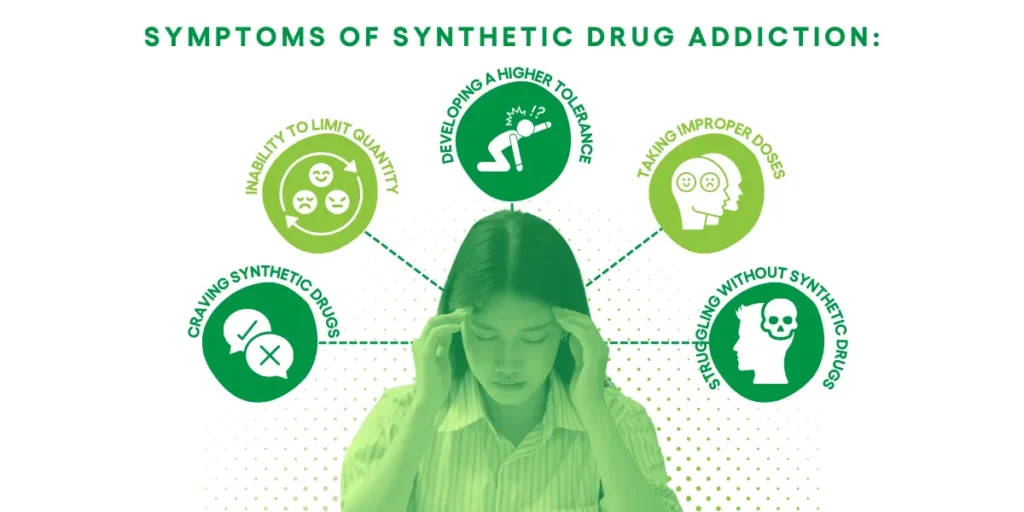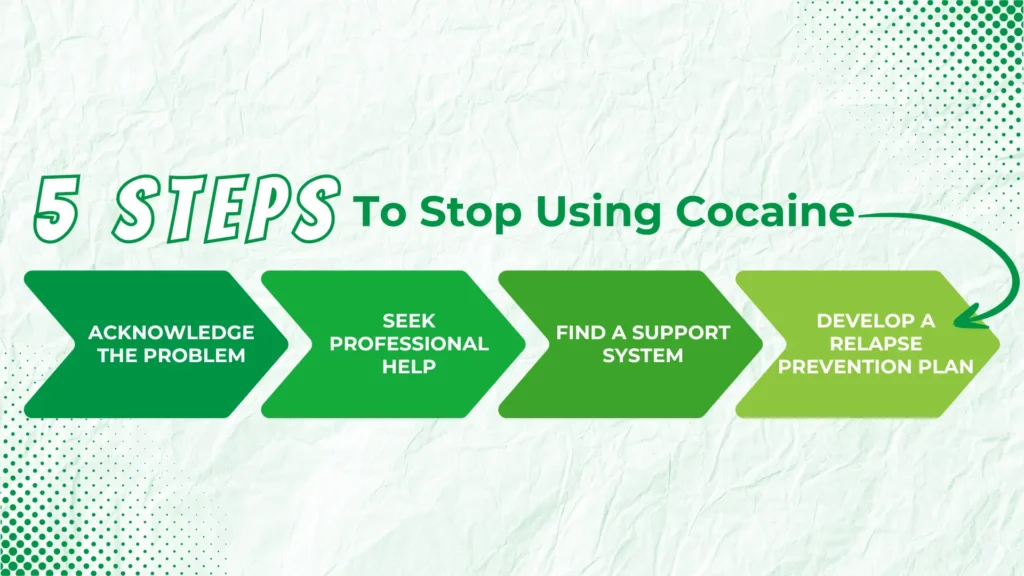
Even though it is addictive, there are ways to help you stop using cocaine – including drug rehab, support, and aftercare.
Cocaine addiction is a serious issue that affects many individuals and their families. Stopping the use of cocaine can be incredibly challenging due to its highly addictive nature. However, with the right strategies and support, recovery is possible.
According to the National Household Survey on Drug Abuse, an estimated 27,788,000 U.S. residents aged 12 and older used some form of cocaine at least one time in their life – showing that cocaine use does not discriminate based on age. This guide provides a comprehensive look at how to stop cocaine, covering everything from recognizing the problem to finding the right treatment and maintaining long-term sobriety.
What is Cocaine?
Cocaine is a powerful stimulant drug derived from the coca plant. It is often used recreationally for its euphoric effects, which include increased energy, alertness, and feelings of pleasure. However, these effects are short-lived, leading users to consume the drug repeatedly in a short period to maintain the high.
How Cocaine Addiction Develops
Cocaine addiction develops quickly because the drug affects the brain’s reward system, leading to increased dopamine levels. This creates a cycle where the user feels compelled to keep using the drug to experience the same high.
Over time, the brain becomes dependent on cocaine to feel normal, making it difficult to stop without help.
Recognizing the Signs of Cocaine Addiction
Before you can stop using cocaine, it’s crucial to recognize the signs of addiction. These may include:
- Frequent Use: Using cocaine regularly, even daily.
- Increased Tolerance: Needing more cocaine to achieve the same effects.
- Withdrawal Symptoms: Experiencing fatigue, depression, and irritability when not using cocaine.
- Neglecting Responsibilities: Ignoring work, school, or family obligations in favor of using cocaine.
- Continued Use Despite Negative Consequences: Using cocaine despite health problems, financial issues, or relationship troubles.
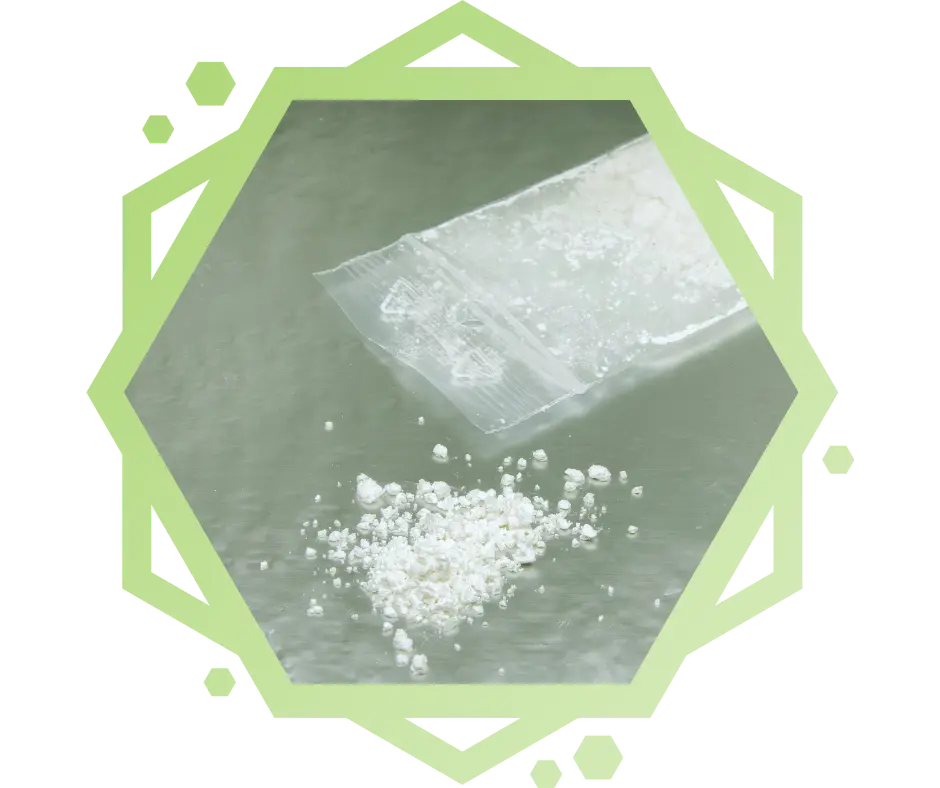
5 Steps to Stop Using Cocaine
Struggling with cocaine addiction can feel overwhelming, but taking the first step towards recovery is a courageous and vital move. Whether you’re looking for help for yourself or a loved one, knowing where to start can make a significant difference. Here are five essential steps to help you stop using cocaine and begin the journey to a healthier, drug-free life.
1. Acknowledge the Problem
The first and arguably most crucial step in overcoming cocaine addiction is acknowledging that you have a problem. This can be a difficult and often painful realization, as denial is a common aspect of addiction. It’s not uncommon for individuals to downplay their drug use or convince themselves that they have it under control. However, being honest with yourself about the reality of your situation is essential.
Take a moment to reflect on how cocaine is impacting your life—consider the toll it’s taking on your health, relationships, work, and overall well-being. Think about the moments you’ve chosen cocaine over your responsibilities or loved ones and the times you’ve experienced guilt, shame, or regret after using. Recognizing these patterns is a powerful step towards change.
Remember, acknowledging the problem isn’t about self-blame or judgment; it’s about facing the truth so you can begin the journey to healing.
2. Seek Professional Help
Overcoming cocaine addiction often requires professional help, and there are various treatment options available to support your recovery journey. Inpatient rehabilitation provides a structured environment with 24/7 medical and psychological support, offering a safe space to focus entirely on your recovery.
For those who prefer to maintain their daily routines, outpatient rehabilitation allows you to live at home while attending therapy sessions and receiving necessary medical care. Detoxification programs are also available to help manage withdrawal symptoms under medical supervision, ensuring you have the support you need during this critical phase of recovery.
3. Find a Support System
Having a strong support system is crucial for recovery from cocaine addiction. This support can come from various sources, including family and friends who support your decision to quit and encourage you through the process. In addition, support groups like Narcotics Anonymous (NA) offer a community of people who understand what you’re going through and can share their experiences and advice.
Therapists and counselors also play a vital role, providing professional help to address the underlying issues contributing to your addiction and guiding you through your recovery journey. With a robust support system, you can find the strength and encouragement needed to stay committed to your goal of living a drug-free life.
4. Develop a Relapse Prevention Plan
Developing a relapse prevention plan is crucial in managing the challenges of recovery from cocaine addiction. A comprehensive plan involves several key strategies. First, it’s essential to identify triggers—these can include specific people, places, or situations that provoke the urge to use cocaine. By recognizing these triggers, individuals can better prepare to avoid or manage them effectively. Secondly, avoiding high-risk situations is paramount. This means steering clear of environments or activities where the temptation to use cocaine may be strong and enrolling in an aftercare program.
Developing healthy mechanisms to handle stress, such as regular exercise, meditation, or engaging in hobbies, can provide constructive alternatives to drug use and support long-term recovery efforts.
5. Make Lifestyle Changes
When recovering from cocaine addiction, it’s important to make some lifestyle changes that support your journey. Start by taking care of yourself with good eating habits, regular exercise, and enough sleep—they’ll keep you strong inside and out. Discover new hobbies and interests to fill the time you used to spend using cocaine, giving you positive outlets. Surround yourself with supportive people who cheer you on in your recovery and steer clear of those who might pull you back into old habits.
Treatment Options for Cocaine Addiction
Navigating treatment options for cocaine addiction can be a transformative journey towards recovery, offering individuals hope and support in overcoming this challenging substance dependency. From therapeutic interventions and behavioral therapies to holistic approaches and support networks, the landscape of treatment options is diverse, tailored to address both the physical and psychological aspects of addiction.
Each approach aims not only to manage withdrawal symptoms and cravings but also to empower individuals with the tools and strategies needed to build a fulfilling, drug-free life.
Behavioral Therapy
Behavioral therapy is a cornerstone of cocaine addiction treatment. It helps you change negative thought patterns and behaviors related to drug use. Types of behavioral therapy include:
- Cognitive-Behavioral Therapy (CBT): Focuses on identifying and changing harmful thoughts and behaviors.
- Contingency Management: Uses a reward system to encourage positive behavior changes.
- Motivational Interviewing: Helps increase your motivation to change by exploring your reasons for wanting to quit.
Medications
While there are no FDA-approved medications specifically for cocaine addiction, some medications can help manage withdrawal symptoms and reduce cravings. These may include:
- Antidepressants: To help manage depression and anxiety during withdrawal.
- Anticonvulsants: To reduce cravings and stabilize mood.
- Beta-Blockers: To manage physical symptoms like increased heart rate and anxiety.
Alternative Therapies
Some people find alternative therapies helpful in their recovery process. These can include:
- Acupuncture: May help reduce cravings and withdrawal symptoms.
- Mindfulness and Meditation: Can help manage stress and improve emotional regulation.
- Art and Music Therapy: Provides a creative outlet for expressing emotions and reducing stress.
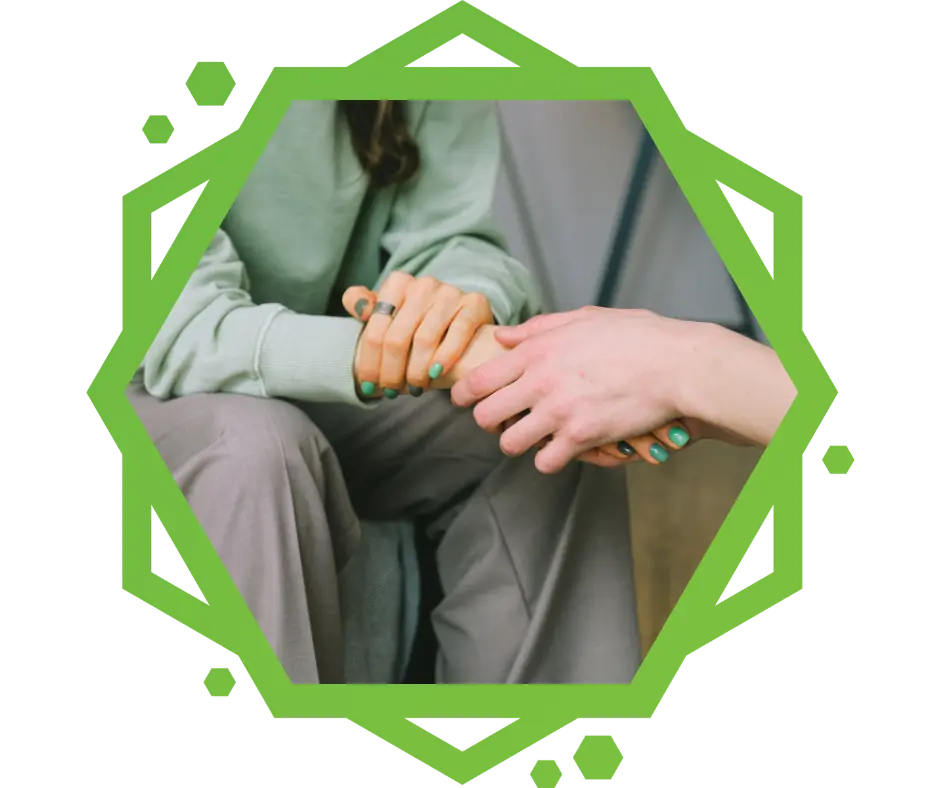
How to Maintain Long-Term Sobriety
Maintaining long-term sobriety from cocaine involves a multifaceted approach that addresses both the physical and psychological aspects of addiction. Establishing a solid support system is crucial. This can include attending support group meetings like Narcotics Anonymous or engaging with a therapist who specializes in addiction recovery. Regularly connecting with individuals who understand the challenges of addiction can provide invaluable encouragement and accountability.
Adopting healthy lifestyle habits plays a pivotal role. This includes prioritizing regular exercise, which not only helps in managing stress but also promotes the production of endorphins, contributing to a positive mood. A balanced diet and adequate sleep are equally important, as they support overall well-being and provide the body with the necessary resources to heal and function optimally.
Learning to manage triggers and cravings also effectively is essential. Identifying situations, emotions, or environments that may tempt a return to drug use and developing strategies to cope with these triggers can prevent relapse. This might involve practicing mindfulness, engaging in relaxation techniques, or redirecting attention to positive activities and hobbies.
Ongoing self-reflection and personal growth are key components of long-term sobriety. This includes addressing underlying issues that may have contributed to substance use, such as unresolved trauma or mental health conditions.
By continuously investing in self-improvement and seeking professional help when needed, individuals can strengthen their resilience and commitment to maintaining a drug-free life.
You Can Stop Cocaine Use and Live Sober
Stopping the use of cocaine is a challenging but achievable goal. By acknowledging the problem, seeking professional help, building a support system, and making lifestyle changes, you can overcome cocaine addiction and achieve long-term sobriety.
Southeastern Recovery Center is here to help you lead a life free of cocaine. Remember, recovery is a journey, and it’s essential to be patient with yourself and seek help when needed. With determination and support, you can reclaim your life from cocaine addiction.
